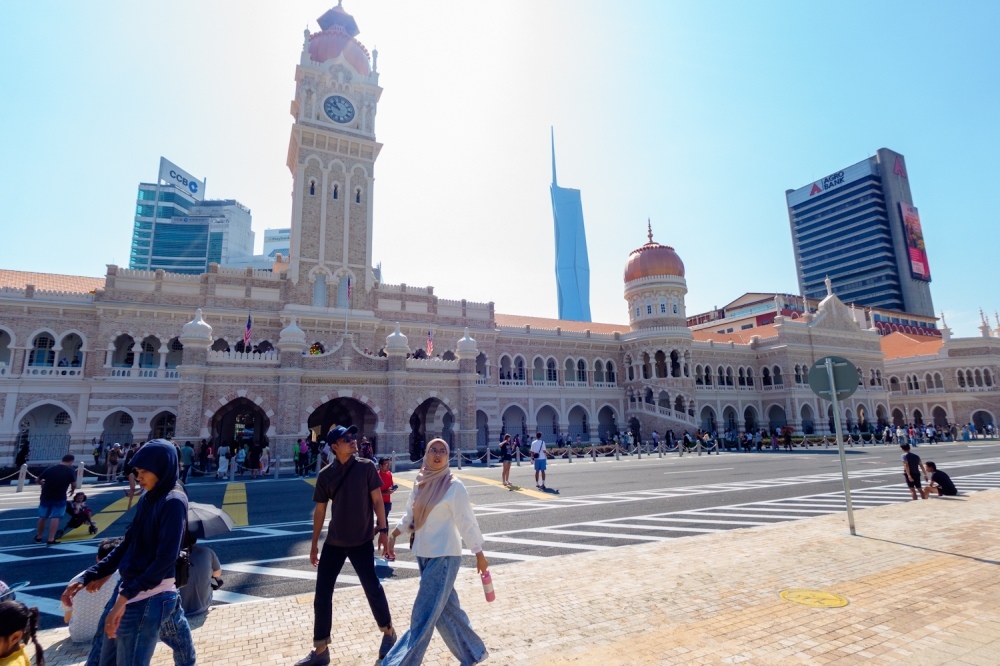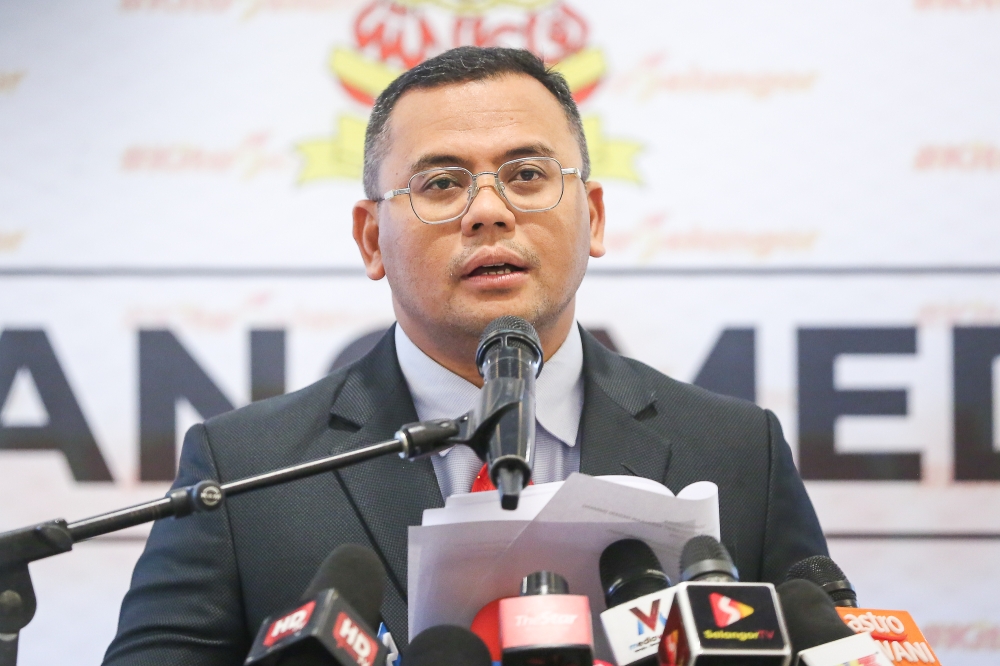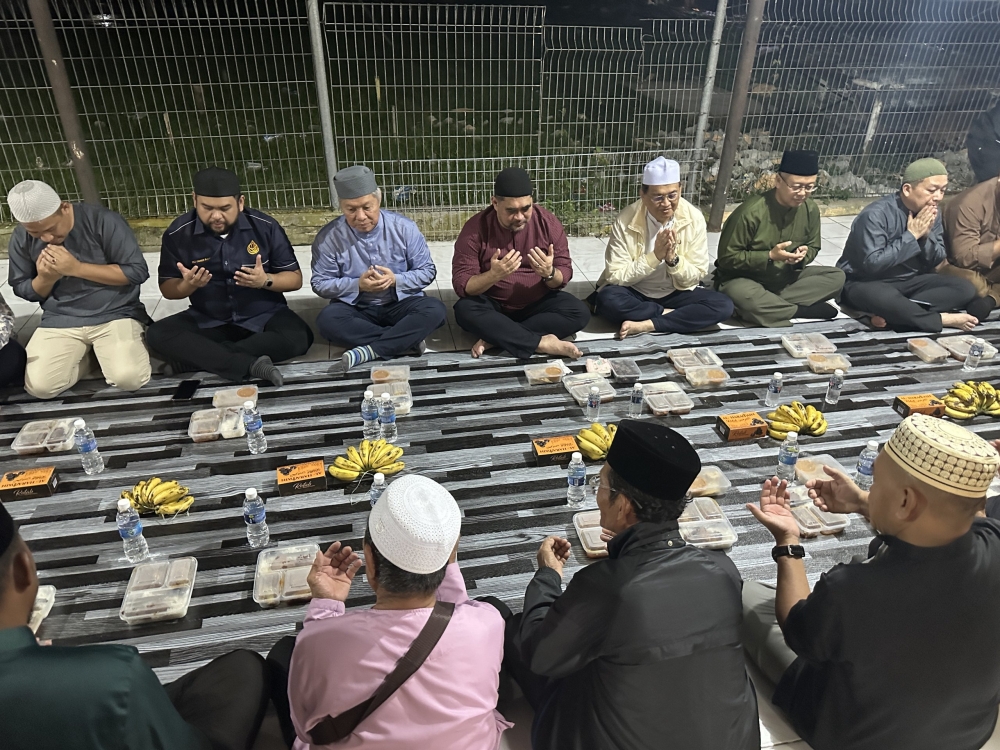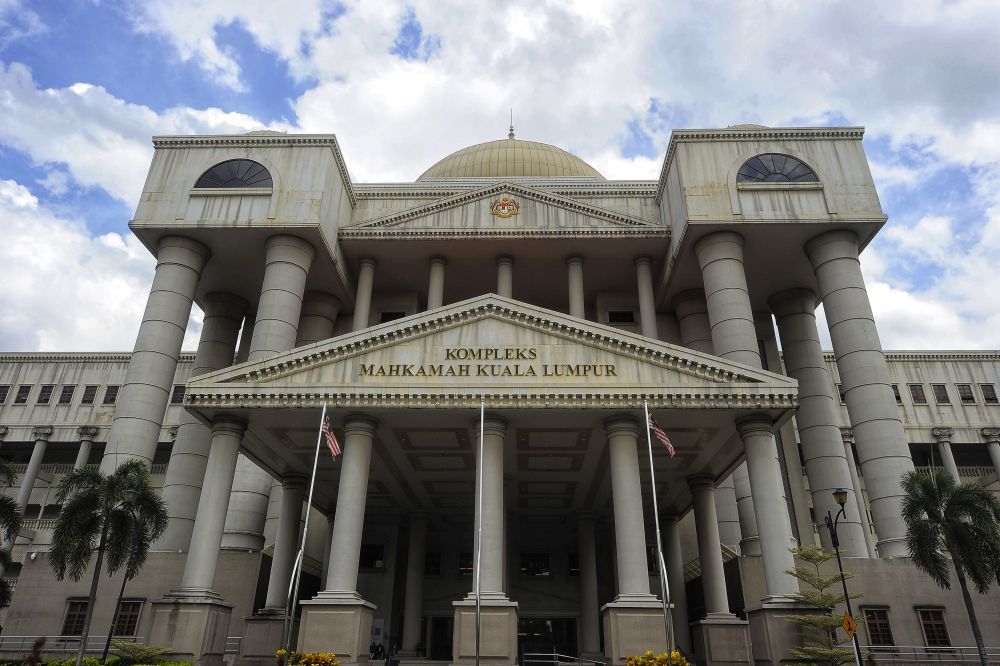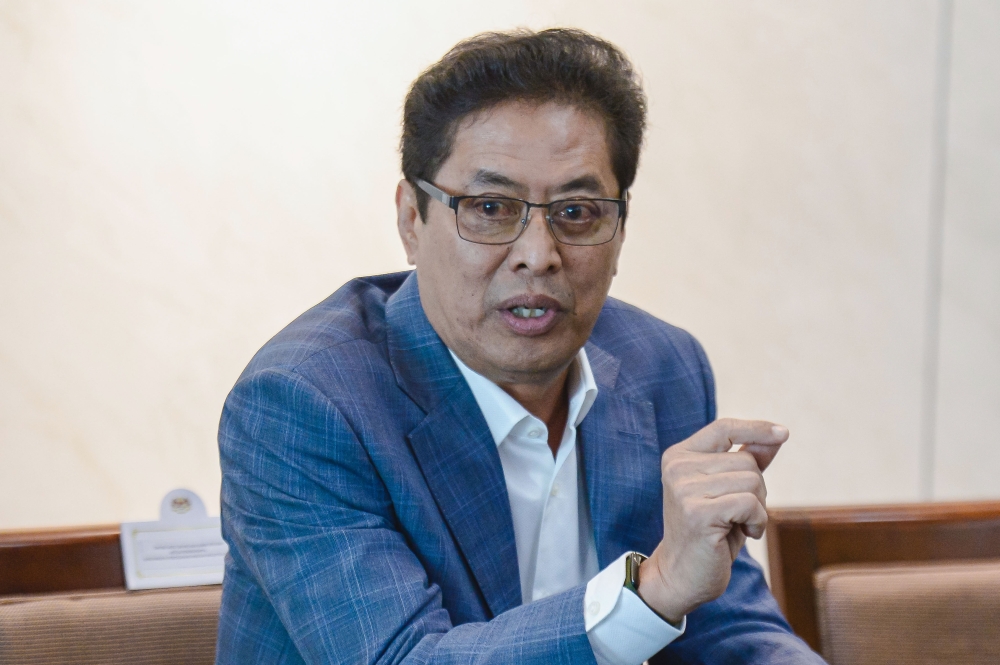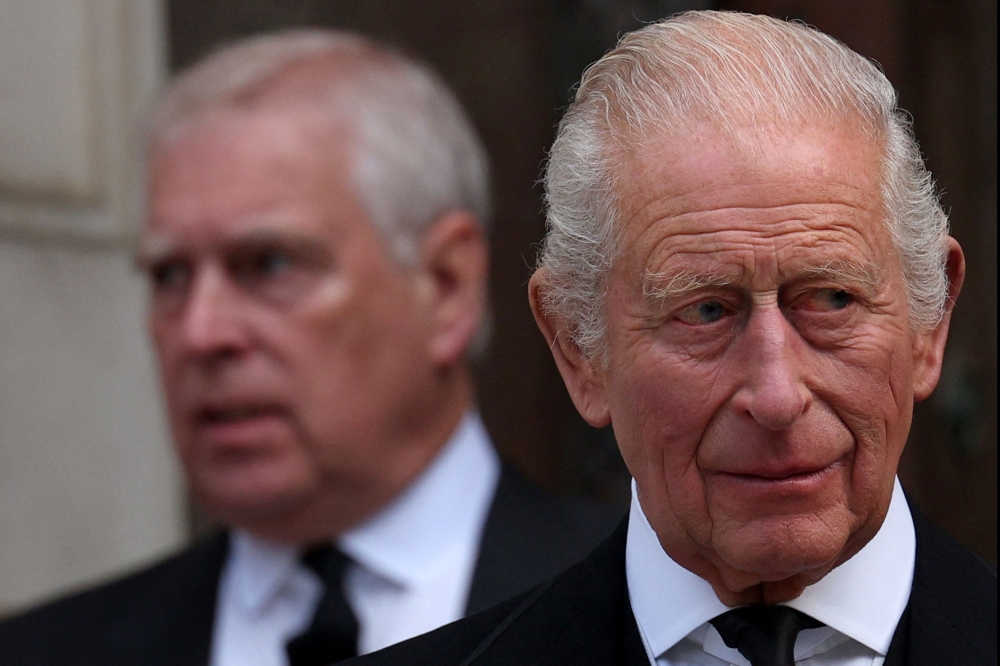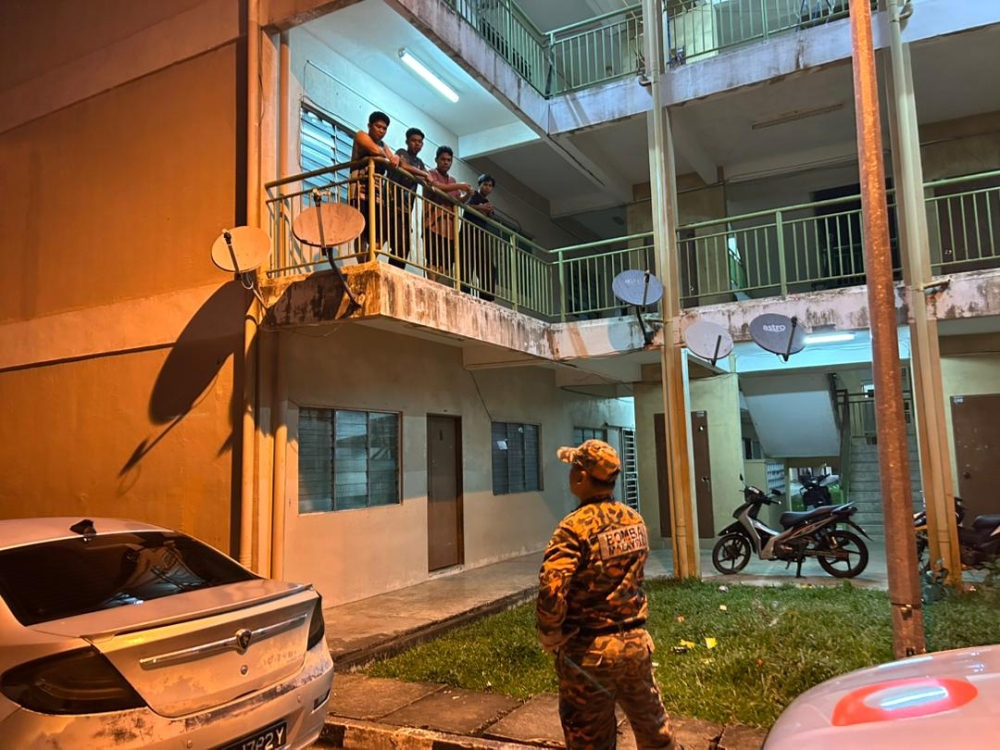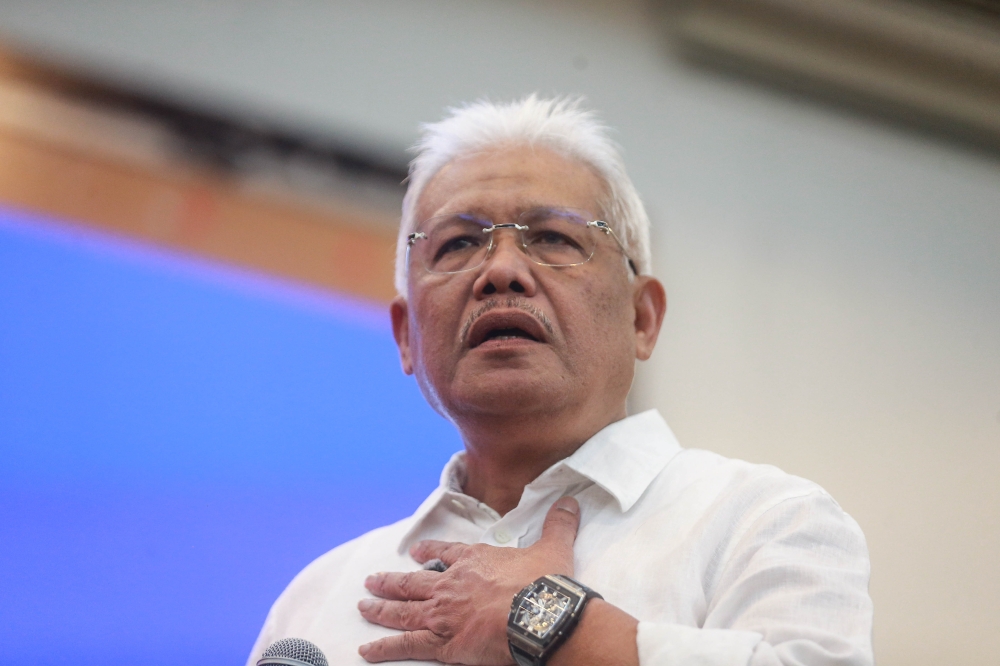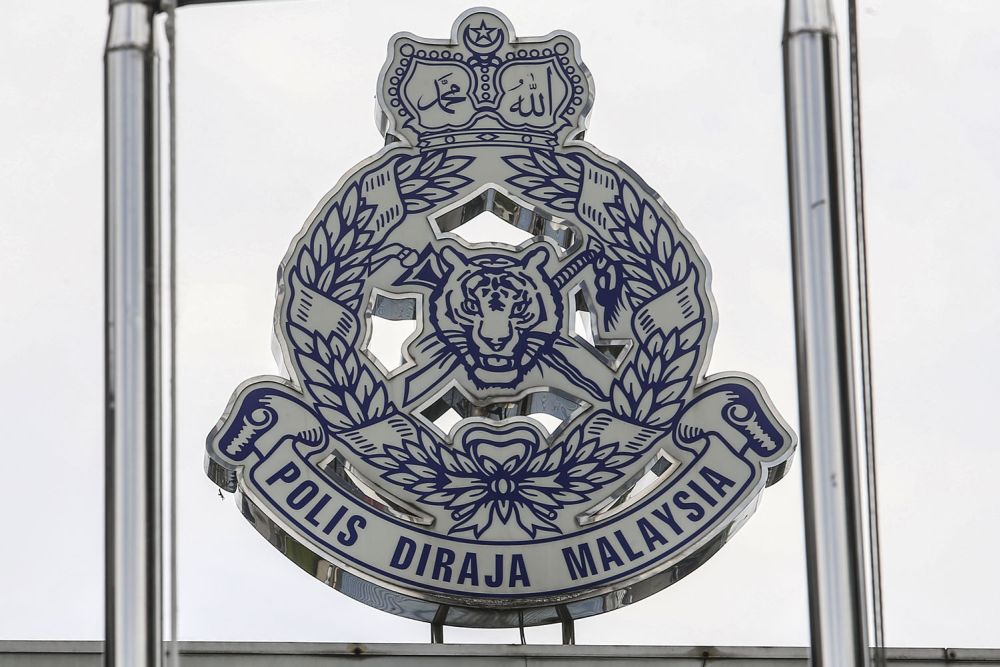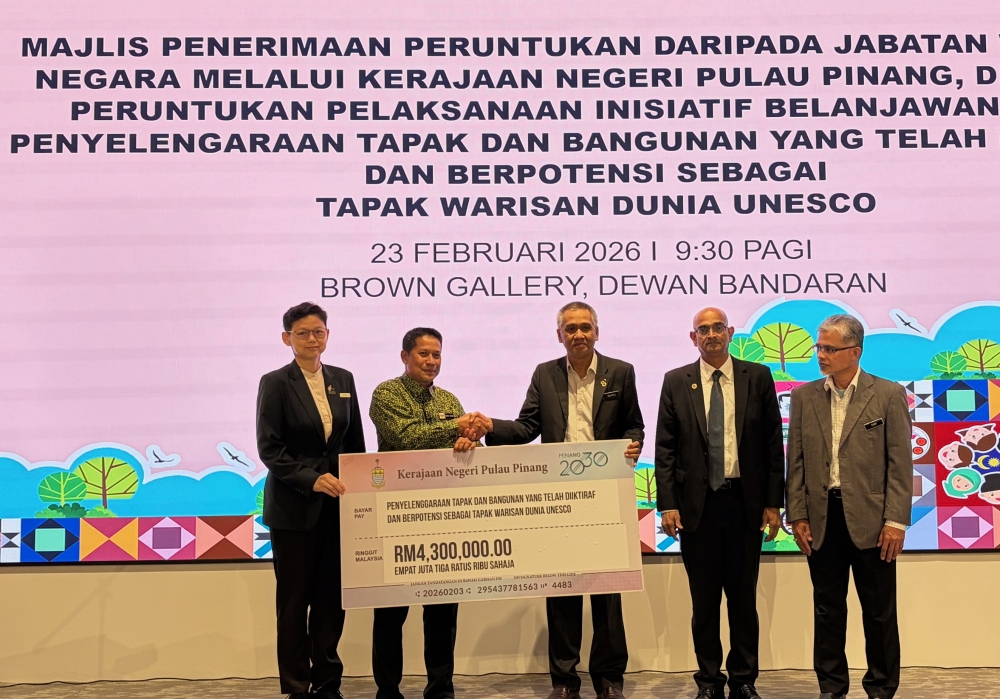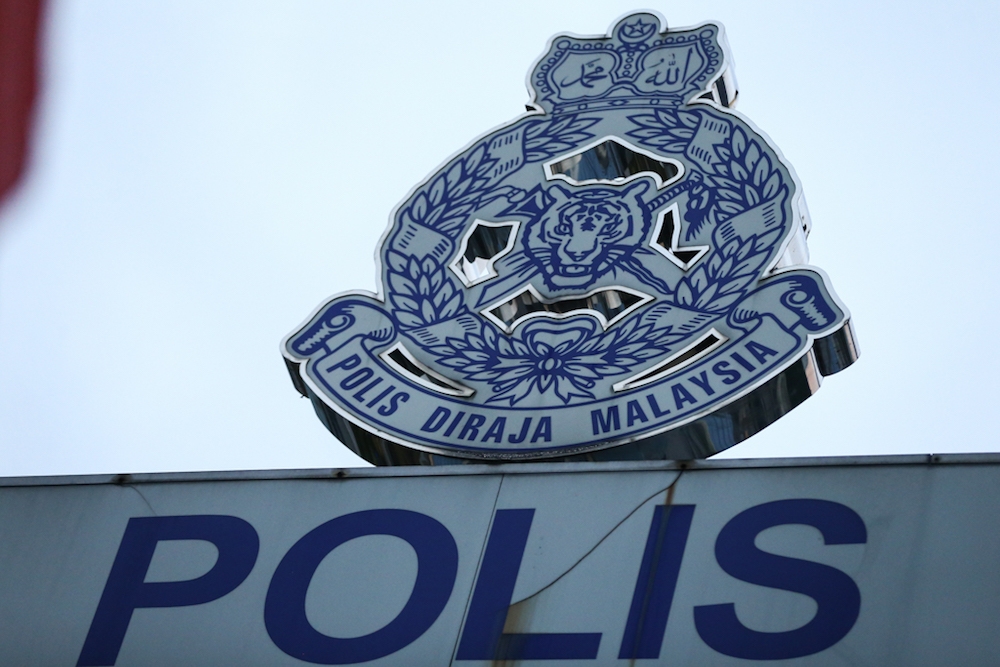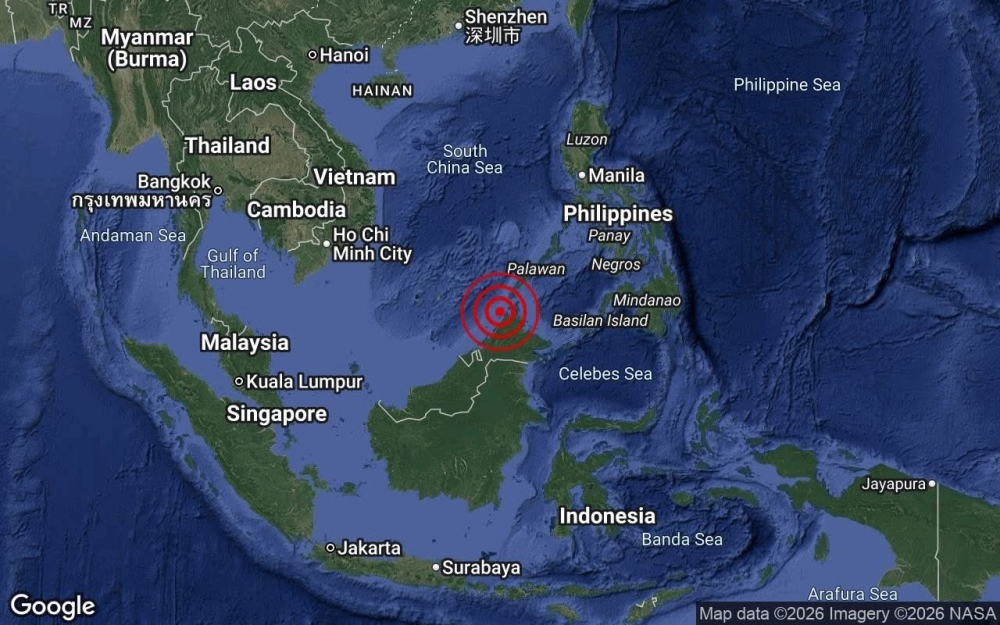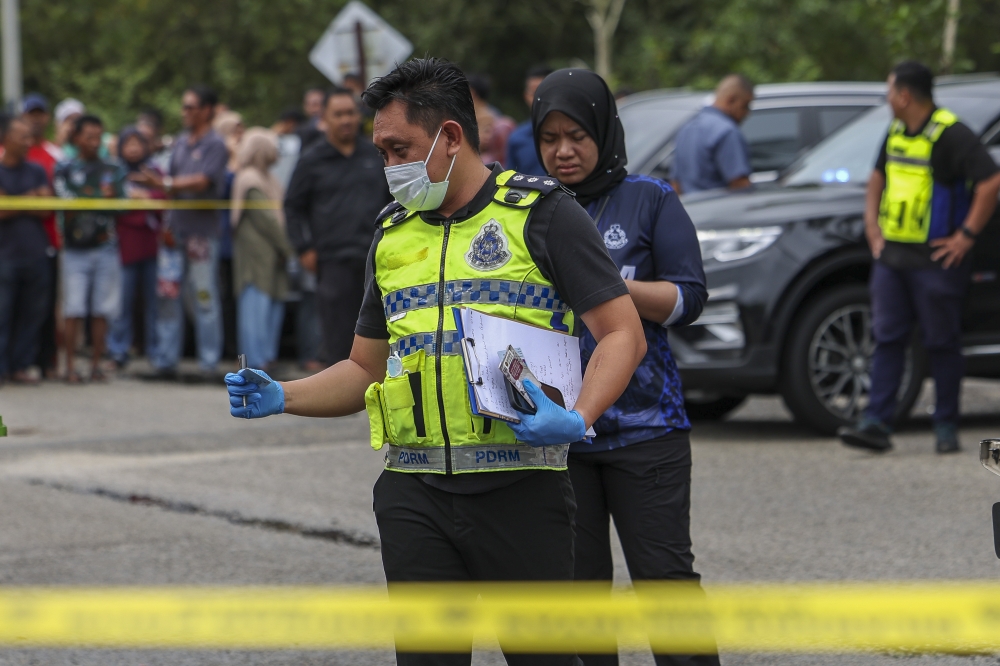KUALA LUMPUR, Nov 10 — Transparency International Malaysia (TI-M) has expressed its disappointed over the Royal Malaysia Police’s (PDRM) reported decision to arrest and charge an individual under Section 186 of the Penal Code for recording its personnel as they carried out a search at a private residence without a warrant.
The anti-corruption group said PDRM has sufficiently broad and unrestricted powers to carry out its duties and disclose relevant information on how its powers are exercised in a transparent manner does not hinder its work, especially for crimes that are not violent in nature.
“The famous tagline of the police ‘Polis dan masyarakat berpisah tiada’ (the police and the community never part) is one many Malaysians have grown disillusioned with — seeing in all the past years cases of police opacity, custodial deaths, as well as allegations of corruption.
“This divide between the police and society and the current trust deficit will only widen and increase if the PDRM continues to refuse to communicate transparently with the rakyat, and instead chooses to penalise everyone who asks questions or lifts a camera,” TI-M said in a statement today.
The group was commenting on reports of the arrest of Wong Yan Ke, the former president of the University of Malaya Association of New Youth (Umany), who had attempted to record plain-clothes police officers as they conducted a search at the home of Umany’s current president Yap Wen Qing, without a warrant on November 7.
Selangor CID chief Datuk Fadzil Ahmat on November 8 confirmed the arrest and said the raid was carried out in connection with an investigation into the Sedition Act case involving a Uamny Facebook post.
He said the 24-year-old suspect recorded the event with his mobile phone and broadcasted it via Facebook Live before the device was confiscated.
He was then arrested for obstructing a civil servant from carrying out his duties under Section 186 of the Penal Code, which if convicted, carries a penalty of a maximum of two years’ jail, or a fine of up to RM10,000, or both.
TI-M said that to any reasonable person, simply recording the actions of police officers is not tantamount to obstruction.
It added that every person has a right to ask police officers to identify themselves and to see their authority cards. They also have a right to know why they are being searched, questioned or detained.
“To any reasonable person recording the actions of the police officers does not tantamount to ‘obstructing public officers from carrying out their duties’.
“It is the right of every citizen to ask police officers to identify themselves and to see their authority cards; it is also the right of a citizen to know why they are being searched, questioned or detained,” said the statement.
Yesterday, Wong released a statement denying he was obstructing the police, saying he went to Yap’s residence after receiving a message that a group of unidentified persons in plain clothes had verbally stated their intention to forcibly enter his residence via the main door.
Wong said he had gone with a lawyer to the scene of the incident to provide support, before noting that he had proceeded to record the raid which also was streamed ‘live’ on Facebook.
He reasoned that he had decided to do so as he was unable to confirm the alleged policemen’s identities at the time and as a precaution against any vigilantes.



